Worms recycle
food waste
Millions of tons of food waste are getting dumped on landfills all over the world. This is in many ways a terrible injustice.
Apart from the sad fact that countless people in the 3rd world countries of our planet are starving and dying of hunger while others are feasting till they become fat it is as well a misuse of valuable resources and contributes to polluting and destroying the earth. To call kitchen scraps as well as left overs waste is straight forward wrong.
Organic waste is actually full of nutrients that can and should be
recycled and returned to the earth to fertilize the soil.The ideal creatures to help with this task are worms. Compost worms recycle food waste and convert it into nutrient rich worm castings (worm poop) that can be used as a soil conditioner as well as a natural plant food. Worms love rich organic matter and feed on it day and night. This fact has led to the establishment of commercial worm farming businesses. This sustainable and low cost business sector although already a multi million dollar industry is continuously growing and should do so for a long time.
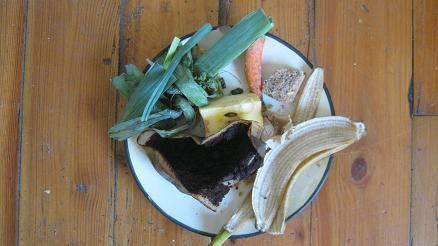
Making money with food waste
This green business idea has many advantages for our society. Kitchen scraps and other organic matter that is dumped on landfill sites produces large amounts of Methane gas and CO2. Both are harmful to the environment and contribute to global warming and climate change. In addition anaerobically decomposing materials on landfills can pollute drinking water.
To prevent this from happening more and more private households are recycling their kitchen- and garden scraps at home with the help of compost worms. These helpful little critters live in worm farms or worm bins and munch happily on the left overs that usually are thrown into the trash.
Worm farms can easily build at home or be bought from commercial worm farmers and many environmentally
----------
----------
friendly stores.Worm compost bins are basically odorless, require very little maintenance and can be placed indoors and outdoors.
Compost worms are an important part of the recycling cycle and can help to improve our soils, the taste and nutrition of fruit and vegetables and to stabilize our planets climate.
Worms can and should be used in the waste management departments of every town and country. Although this is not yet the case more and more influential decision makers in high places
are getting on board and help to promote the recycling of food waste with the help of compost worms.
If you haven't got a worm farm yet build your own affordable worm bin, get a batch of compost worms from your local worm farmer and produce your own natural plant
food at home.
Recycling with worms is fun and the fruit and vegetables grown in soil that has been enriched with worm castings are out of this world!
Happy worming :-)
Return from "Food waste" to the "Home page"
-----------
10 Benefits of worm composting
For more worm compost related information!
Type your question or keywords (for example “earthworm”) into the search box below.
-----------
----------
--------
Basics on reducing food scraps
----------
-----------
-----------
---------
Natural way to clean a clogged drain
----------
Return from "fruit flies" to the "Home page"
----------
Find out more about other creatures that live inside a worm farm.
----------
10 good reasons to start a worm farm.
----------
New! Comments
Have your say about what you just read! Leave me a comment in the box below.Search / Suchen
On SPECIAL
"How to start a profitable worm business on a shoestring budget
Order a printed copy from "Amazon" for only
$11.95
or a digital version from the "Kindle" store for only
$4.95
Prices valid till 31.01.2026
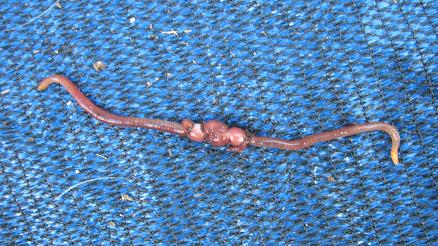
Our New Book
Order the Kindle E-book for the SPECIAL PRICE of only
$3.95
Prices valid till 31.01.2026!
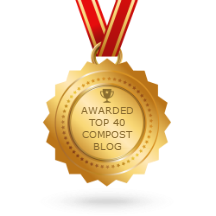


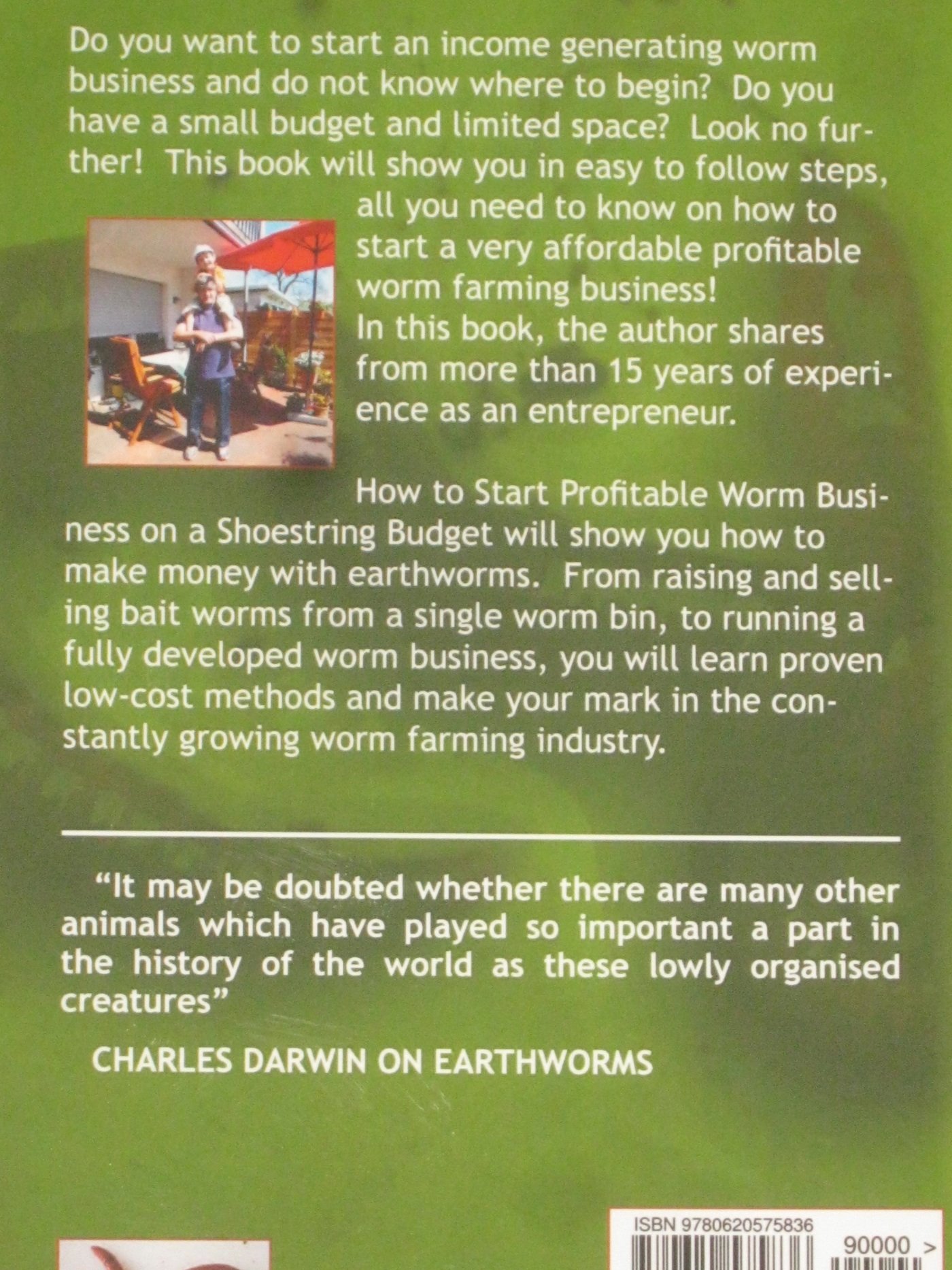

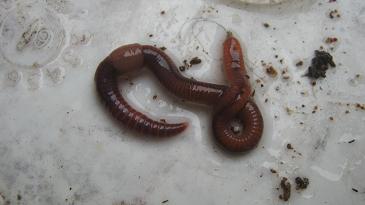
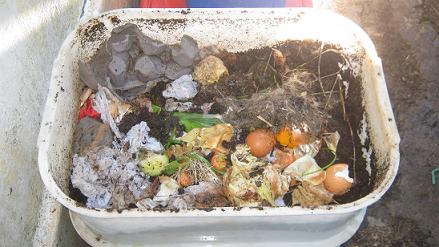

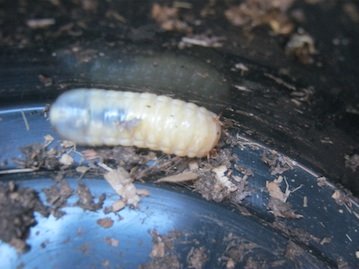
New! Comments
Have your say about what you just read! Leave me a comment in the box below.